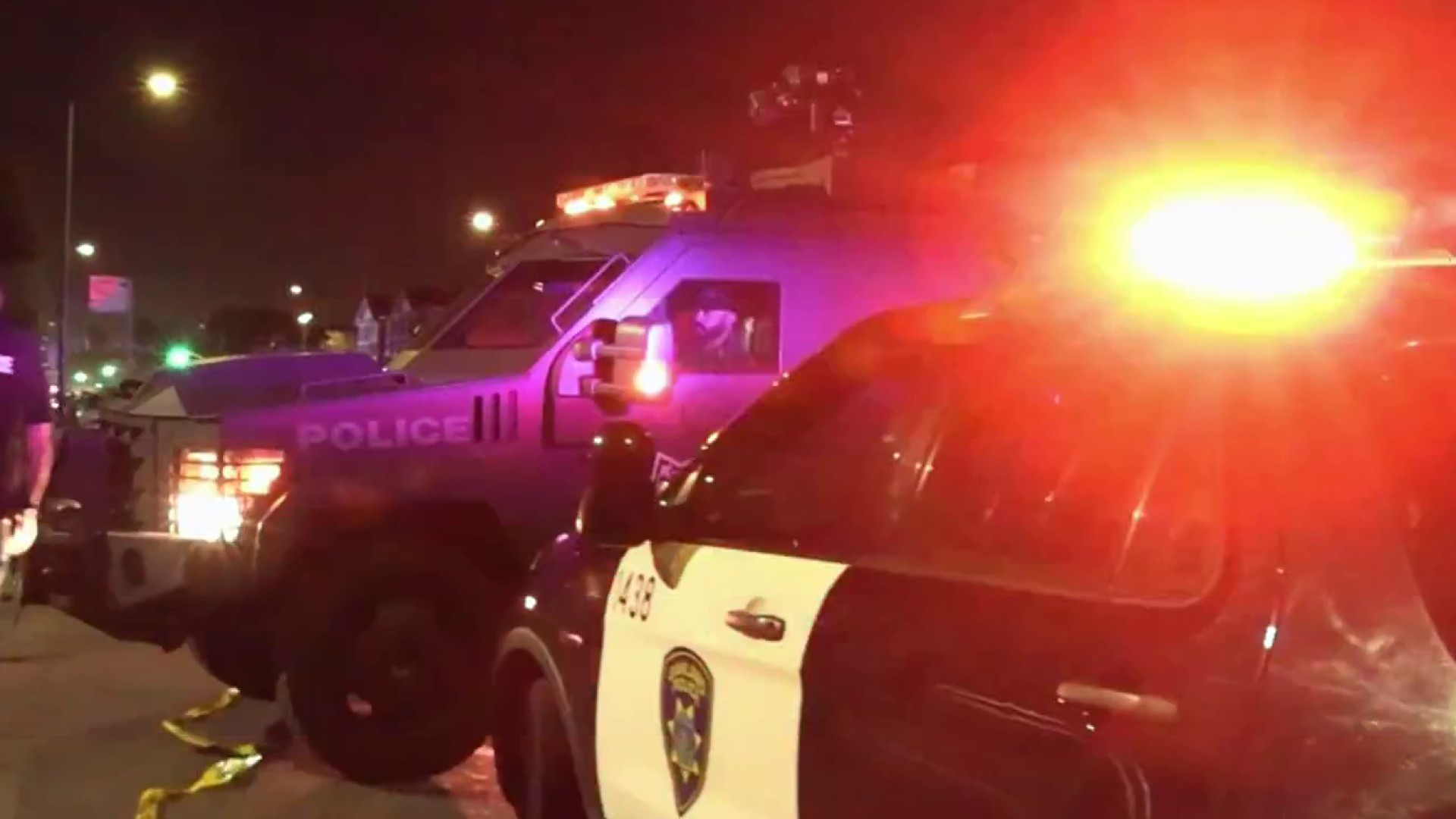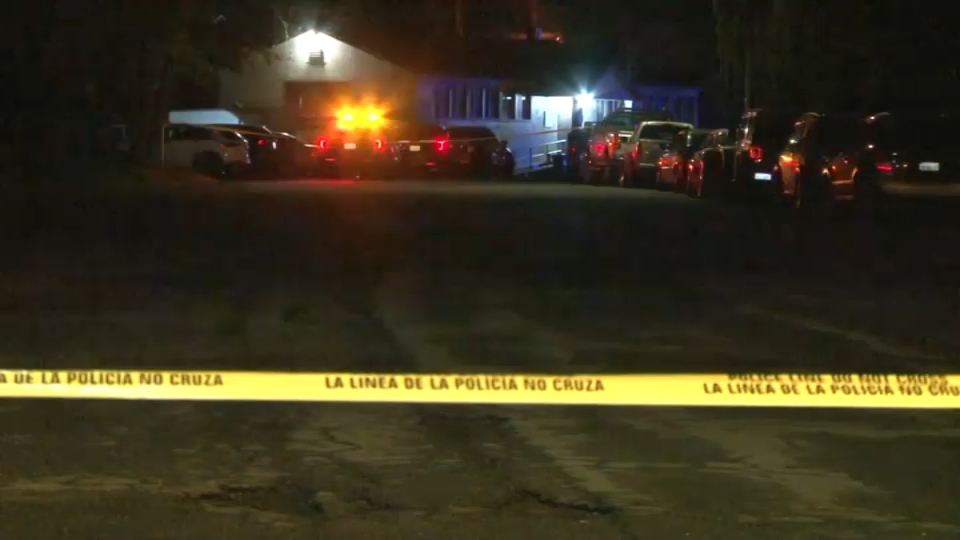In a much-anticipated ruling and one near-and-dear to the hearts of many in the Bay Area, the U.S. Supreme Court on Friday has agreed to take its first serious look at the issue of gay marriage.
The court granted review of the Defense of Marriage Act, a federal law which says marriage can exist only between a man and a woman, and Proposition 8, the voter-approved ban on same-sex marriage in California.
"This is a huge action," said Pete Williams, NBC News justice correspondent. He added it was a big surprise that the court took up both issues, and indicated that this will be an "actual blockbuster term" for the court.
Prop. 8 was approved by 52 percent of the voters in November 2008, and was an amendment to the California Constitution to overturn a May 2008 ruling by the state Supreme Court that legalized same-sex marriage. But in February, the Ninth U.S. Circuit Court of Appeals ruled that Prop. 8 was unconstitutional. The Supreme Court agreed to review the full scope of that issue, but also indicated they will review a second issue: Whether those who oppose same-sex marriage have a right to defend the law on appeal since California's governor and attorney general have refused to do so.
San Francisco City Attorney Dennis Herrera is co-counsel in the Prop. 8 case, known as Hollingsworth v. Perry. He said he can't think of a better case for the court to take up, adding it is happening at an opportune time. In a statement he said that he was pleased the court had signaled it was ready to address this important civil rights issue.
"Not only are we going to urge court the court to do the right thing we are going to urge the court to do it swiftly," California Attorney General Kamala Harris said.
Hastings law professor Rory Little says this is an historic moment for this country. "This is like Brown vs board of education in the 1950s. By taking one state case and one federal case by expanding the prop 8 case, it indicates that the court wants to decide the whole ball of wax in one fell swoop. They are not looking to make a narrow ruling,” Little said.
Kristin Perry and her partner, Sandy Stier, are a lesbian couple living in Berkeley who were married in San Francisco in 2004 when then-mayor Gavin Newsom allowed gay marriages. Six months later, they were among the thousands of newlywed couples whose marriages were invalidated by the state Supreme Court.
The DOMA and Prop. 8 cases will be argued early next year and rulings are due by the end of June. In the meantime, wedding bells for homosexual couples are still off in the future.
Within seconds, parties on both sides between emailing, tweeting and talking about the decision.
ProtectMarriage.com - the sponsors of Prop. 8 - said in a statement: “We are delighted that the nation’s highest court will decide whether to uphold the will of more than seven million Californians who voted to preserve the unique definition of marriage as only between one man and one woman," said Andy Pugno, the conservative group's attorney.
Local
His group is hopeful that the Supreme Court will make clear that the "age-old definition of marriage as the union of one man and one woman is constitutional as a matter of public policy."
The Gay-Straight Alliance Network in San Francisco also had a statement ready to go. Carolyn Laub, the agency's executive director said: "In the ugly battle over Prop. 8, students in California's Gay-Straight Alliance clubs withstood intense hostility as peers, family, and community members questioned the worth of lesbian, gay, bisexual, and transgender people and their freedom to love and start a family. Youth leaders across the state are disappointed by this delay, but optimistic that the Supreme Court will ultimately decide to close this painful chapter in California's history."
Jon Davidson of Lambda Legal, a national group that fights for gay civil rights, issued this statement: "This is an exciting moment in our journey toward equality. DOMA is a terrible law that forces our government to discriminate against loving same-sex couples, and it is time for it to go. It is clear that DOMA's days are numbered. "
The Defense of Marriage Act bars the federal government from recognizing the validity of same-sex marriages in states where they are legal under state law.
The Supreme Court blog known as SCOTUS, had been active all morning in a live blog, helping answer questions about the case. One blogger wrote: "It is obvious now why the court took as much time as it did: The selection process must have been rather challenging, and the composition of the final orders equally so. The court, one might say in summary, has agreed to take up virtually all of the key issues about same-sex marriage, but has given itself a way to avoid final decisions on the merits issues."
Same-sex marriage is legal, or will be soon, in nine states -- Connecticut, Iowa, Maine, Maryland, Massachusetts, New Hampshire, New York, Vermont, Washington -- and the District of Columbia. Voters in Maine, Maryland and Washington approved same-sex marriage last month.
But 31 states have amended their constitutions to prohibit same-sex marriage. North Carolina was the most recent example in May. In Minnesota, voters defeated a proposal to enshrine a ban on same-sex marriage in that state's constitution.
To see NBC News' Pete Williams report immediately following the ruling, click here:
The Associated Press, NBC News and other wire services contributed to this report.



